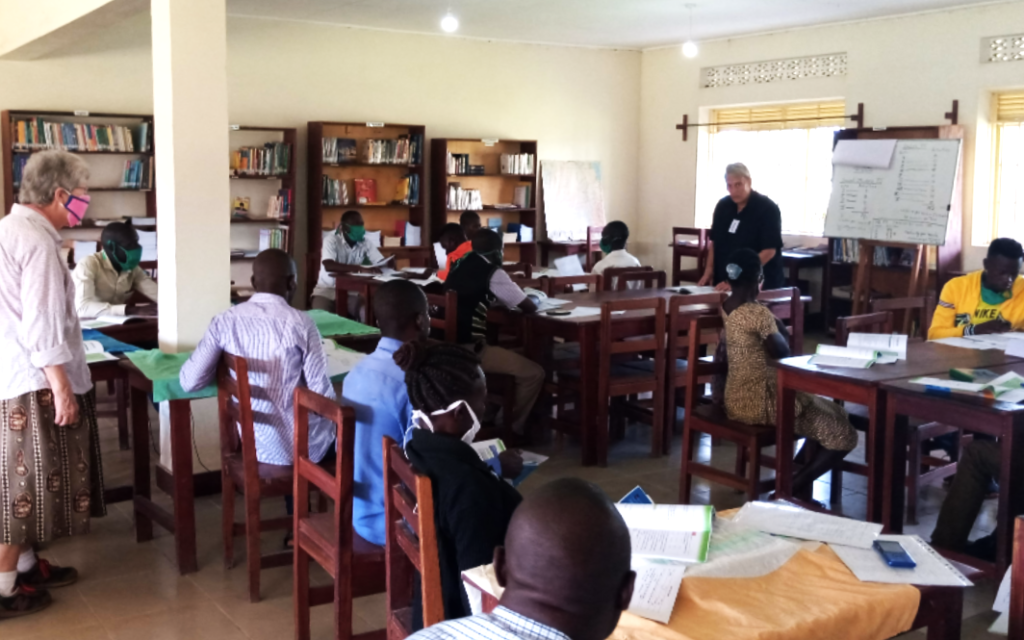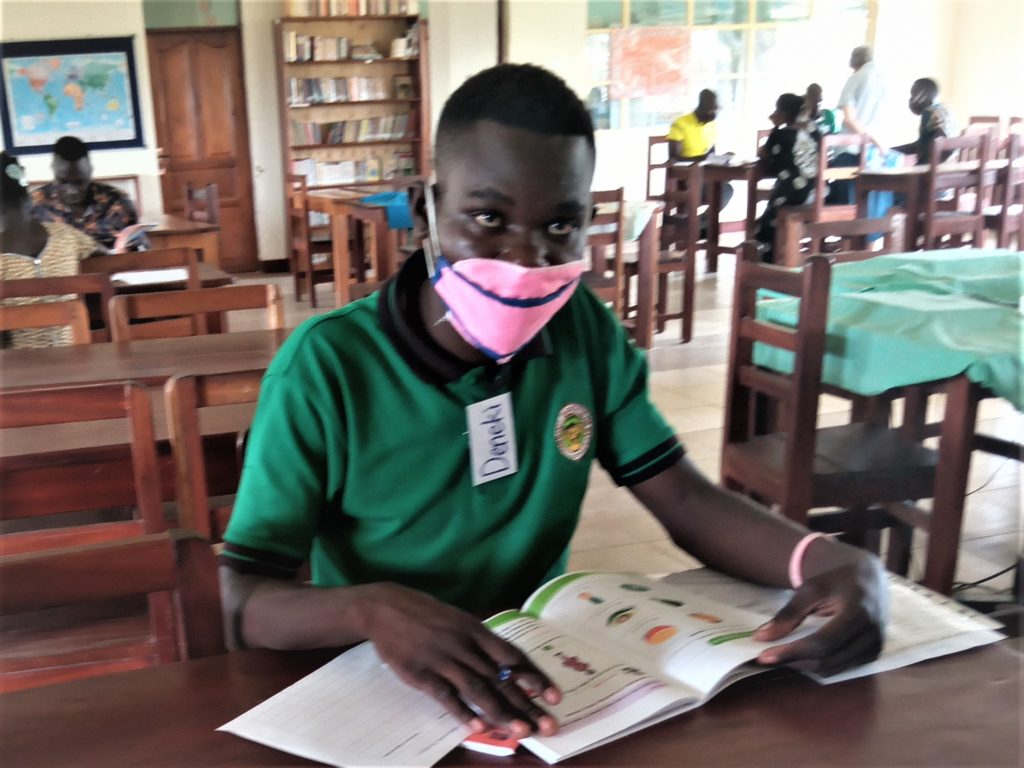South Sudan
Education
$30,000 Goal
The Situation
South Sudan has great humanitarian needs. Lack of sustained peace and poor infrastructure due to limited investment in basic services are holding the people back from a stable, life-giving environment. The country was hit hard these past two years by devastating floods, intensified conflicts among tribes, and the continuing ravages of Covid-19. All of these affect schools, but Covid-19 exacerbated the problem by temporarily closing schools. Children in rural areas and in refugee camps are especially impacted, thus widening gaps in education. In addition, closing schools affects children in more profound ways. Without schools, children missed essential nutritional feeding programs, information on disease prevention, and access to clean water and sanitation. STTC trains teachers to work in primary schools where these issues are addressed.
Sisters’ Response
Solidarity Teacher Training College provides a residential, two-year, pre-service teacher training program in Yambio. This program is led by Sr. Margaret Sheehan, FCJ the Deputy Principal; Sr Jacinta Prunty the Director of Academic Affairs; Sr. Guille Vazquez Rubinos Director of Inservice, and Sr. Joan Mumaw IHM the Chief Administrative Officer at Friends in Solidarity, the U.S. partner of Solidarity of South Sudan that is sponsoring this program has served close to 300 students who have received their Certificate of Primary Education from STTC
Funds Needed
$30,000
How Will Funds Be Used
The Solidarity Teacher Training Program is a continuing program that prepares aspiring women and men to teach in primary grades. It costs over $7,500 to educate one student for a year. This includes tuition, room, board, and in some cases, transportation. The funds will be used to support the education of 4 students for one year as they attend STTC. Solidarity places a priority on recruiting women students.
Systemic Impact
By increasing the number of teachers, children in rural areas, and refugee camps which were hit the hardest by covid-19 school closings will now return to a healthier education system and regain their essential nutritional feeding programs, information on disease prevention, access to clean water and sanitation they desperately need


